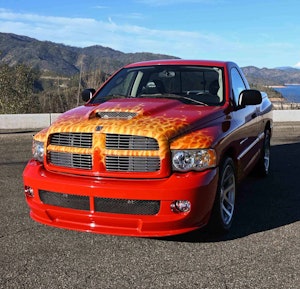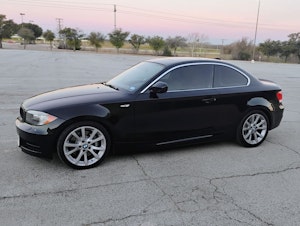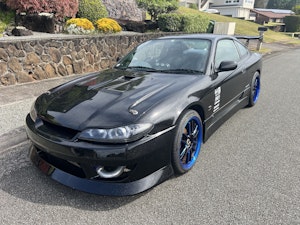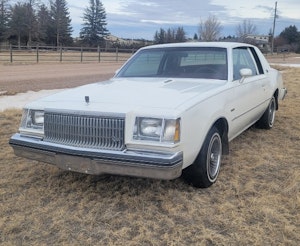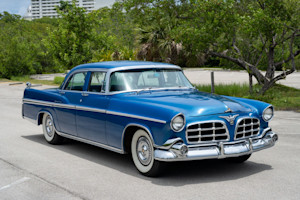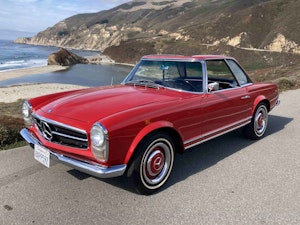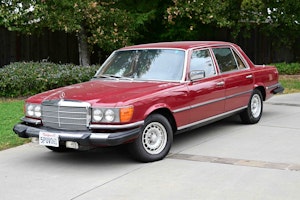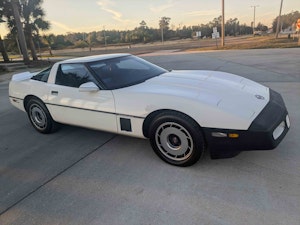Media | Articles
This is how values moved last quarter
2016 Q1 Valuation Recap
As the year began, the collector car world held its breath. The foot was off the accelerator for all but a few market segments and people were openly wondering if the bottom was ready to drop out. Momentum has certainly continued slowing a quarter into 2016, but this change hasn’t become the massive correction many feared was coming. In fact, values are mostly holding firm. And so the market begins cautiously exhaling.
The first three months of the year saw some hot spots in an otherwise tepid sea. Strong auctions in Florida (Amelia Island, Kissimmee, and Palm Beach in particular) helped offset disappointing gross figures from Arizona, but overall auction totals for the quarter were still down four percent—the first time quarterly results have dipped year over year since 2009’s massive 28 percent drop, but a far stretch from many predictions.
The four percent decline isn’t as alarming as it might seem on the surface. Fewer cars were offered and fewer cars were sold than last year (again, the first time since 2010), which obviously affects the overall totals. The flagging supply in the sub-$100,000 segment resulted in an average sale price that was actually 2% improved (median price was unchanged). Totals may be down, but prices aren’t necessarily following suit.
Among private sellers, the average time on market for a listing is at a three-year high (with inventory in the $250,000-$500,000 range becoming especially slow) while asking prices are up significantly from a year ago. Sellers are setting their sights on figures that would have been appropriate had the market not shed speed in 2015, which is hurting turnover.
Marketplace
Buy and sell classics with confidence
Along the same lines, sell-through rates at auction slid, with the first three months of 2016 dropping 3% when compared to the same timeframe in 2015. Cars priced in the wide $100,000-$1,000,000 range were especially hard hit with a 9-point dip (going from 82% to 71%). Within the segment, reduced quality is a primary cause, though sellers’ expectations are also a major factor. Take note that the average high bid on unsold auction cars was actually higher than the average sale price through March. Price increases have slowed but sellers have been slow to react. Consequently they are passing on realistically fair bids.
But make no mistake; the market has clearly swung in favor of buyers, and those buyers are exercising patience. That might mean patiently waiting for an example in the right color, the right condition, the right mileage, or the right spec; it no longer simply means the right model, though. Contrast this with a year ago when buyers closed deals quickly for fear of having to pay a 35% penalty a short time later if they hesitated on a purchase. Urgency isn’t a factor anymore when it comes to average examples.
But when buyers do find the car that ticks the right boxes for them, they are buying quickly and assuredly. “The market right now is absolutely in love with perfect cars, and it isn’t specific to a price point,” says Dave Kinney, publisher of Hagerty Price Guide. “More and more, people are seeking instant gratification and choosing to pay a premium for the right car rather than spending time to restore something. Average cars or cars with needs don’t fit into that equation.”
“Best of the best” or “right” cars aside, values are generally plateauing following a half-decade bull run. Appreciation is largely flattening, with a few recently red-hot models relaxing to levels seen 10-18 months ago (i.e., Porsche 930s, Ferrari 275 GTB/4). In a few instances, models enjoying astronomical gains are even stepping back a bit further (i.e., Mercedes 300SL Gullwings, Ferrari 365 GTC, Porsche 911S).
Expect the “soft landing” seen so far this year to develop further during the second quarter, and recognize that this shift isn’t necessarily a sign of dark days coming. By most accounts, a bit of well-timed caution in the midst of a frothy market is actually a good thing.

